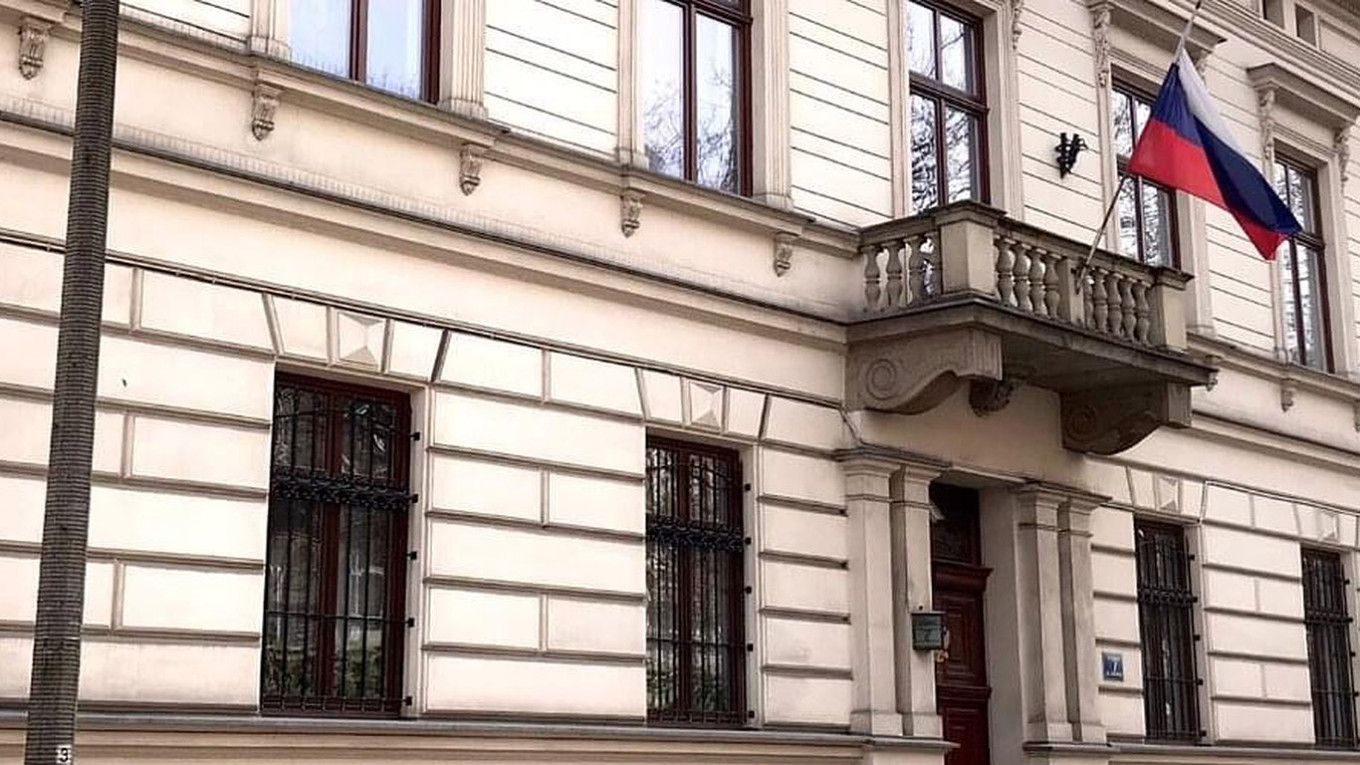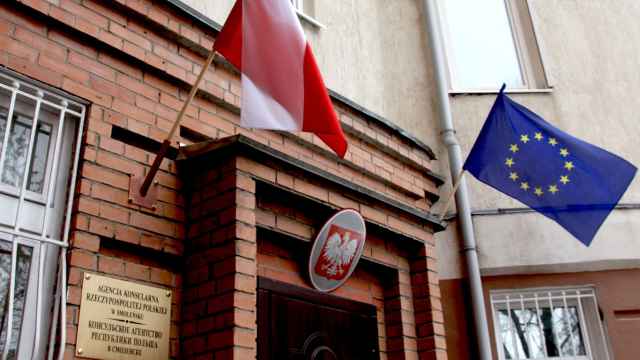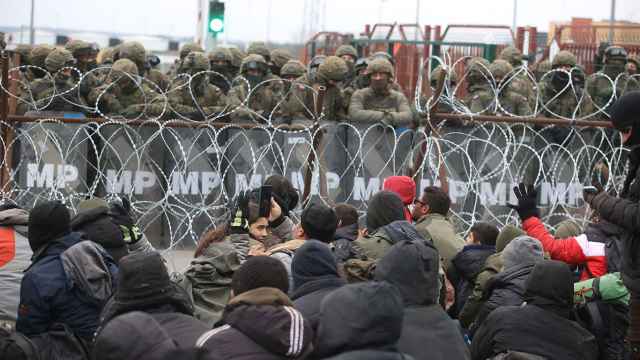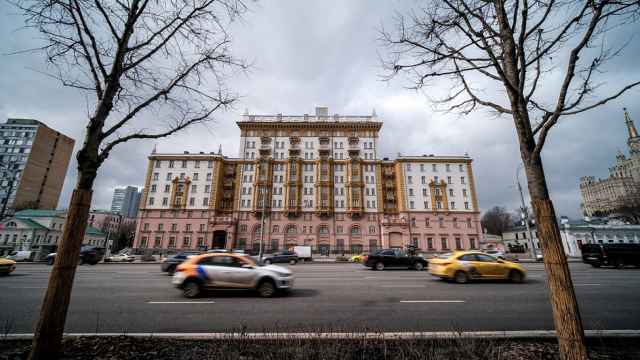Poland’s Foreign Ministry announced Monday that it will order the closure of Russia’s consulate in the city of Krakow after Polish authorities accused Russian security services of organizing a shopping mall fire last year.
Polish Prime Minister Donald Tusk on Sunday accused Russian intelligence services of orchestrating the May 12 fire that burned down the Marywilska shopping mall in Warsaw.
“In light of evidence that Russian intelligence services were behind the reprehensible act of sabotage at the shopping center on Marywilska Street, I have decided to revoke permission for the Russian Federation’s consulate in Krakow to operate,” Foreign Minister Radosław Sikorski wrote on X.
The announcement came a month after Polish media reported that authorities had decided to extend the Russian consulate’s lease agreement despite protests by city residents.
Russia’s Foreign Ministry condemned Poland’s decision to shutter its Krakow consulate and threatened countermeasures.
“Warsaw continues to deliberately destroy relations, acting against the interests of citizens. An adequate response to these inadequate steps will follow soon,” Foreign Ministry spokeswoman Maria Zakharova said.
Relations between Russia and Poland, a NATO member, have sharply deteriorated since Moscow launched its full-scale invasion of Ukraine. Both sides have since expelled dozens of diplomats and ordered the closures of consulates in Poznan and St. Petersburg in tit-for-tat moves.
Poland is a staunch ally of Kyiv and has been a key transit point for Western arms heading to the embattled country since February 2022. Last year, Poland imposed restrictions on the movements of Russian diplomats over accusations that Moscow is waging a “hybrid war.”
A Message from The Moscow Times:
Dear readers,
We are facing unprecedented challenges. Russia's Prosecutor General's Office has designated The Moscow Times as an "undesirable" organization, criminalizing our work and putting our staff at risk of prosecution. This follows our earlier unjust labeling as a "foreign agent."
These actions are direct attempts to silence independent journalism in Russia. The authorities claim our work "discredits the decisions of the Russian leadership." We see things differently: we strive to provide accurate, unbiased reporting on Russia.
We, the journalists of The Moscow Times, refuse to be silenced. But to continue our work, we need your help.
Your support, no matter how small, makes a world of difference. If you can, please support us monthly starting from just $2. It's quick to set up, and every contribution makes a significant impact.
By supporting The Moscow Times, you're defending open, independent journalism in the face of repression. Thank you for standing with us.
Remind me later.






